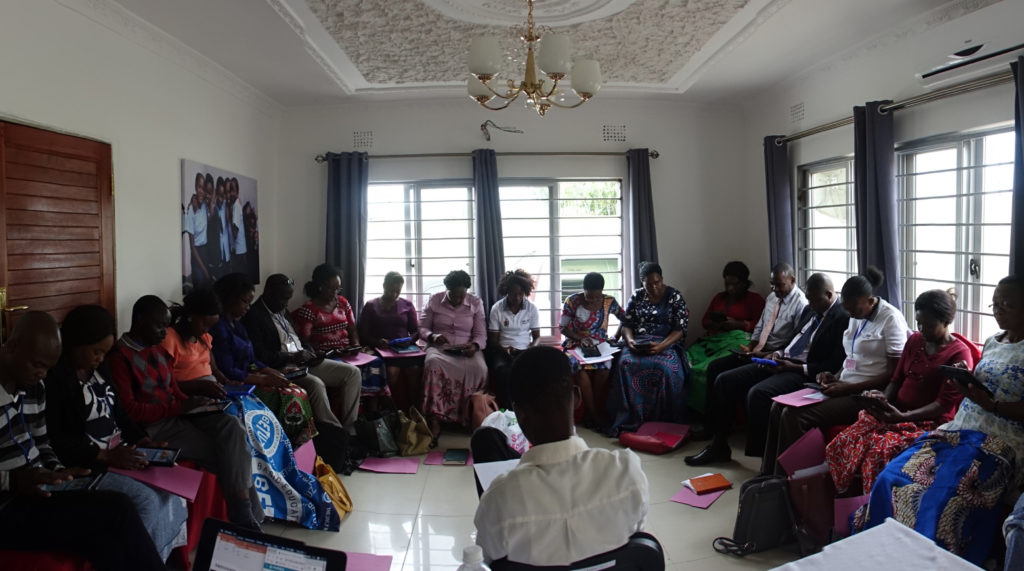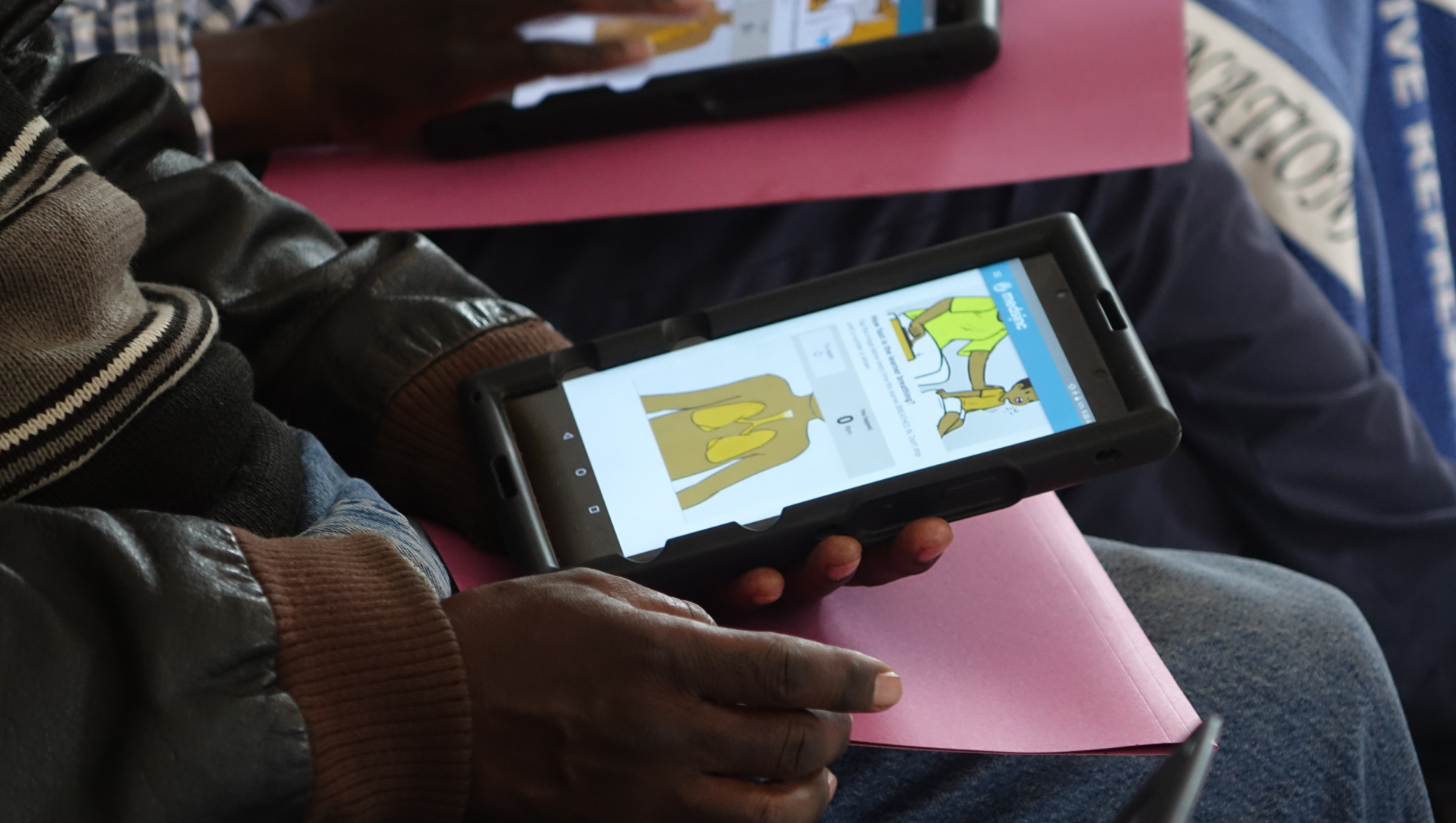In Zambia, many school-aged children, ages 6-18, do not have reliable access to basic healthcare services. For decades, global health funding has focused on newborns and children under 5 years old but has largely ignored these school-aged children. Their families typically lack the resources or health knowledge to be able to seek appropriate care when necessary, and so these children suffer from preventable diseases such as malaria, respiratory infections, worms, and diarrheal disease. These illnesses affect their cognitive and physical development, increase their absenteeism from school, and reduce the opportunity for these children to better themselves and their families.
THINKMD’s partner in Zambia, Healthy Learners, has developed an integrated school health model to address this need. Collaborating with the Ministry of Health and Ministry of Education in Zambia, Healthy Learners trains teachers as school health workers to provide vulnerable school-aged children with access to health services in a convenient, trusted location – their schools. The Healthy Learners model proved to be immediately effective in addressing this underserved population. With support from the national government, Healthy Learners plans to scale its integrated school health model first in Lusaka and then across all of Zambia.

Challenges & Benefits
However, scaling this model of healthcare delivery presented challenges, particularly in maintaining the quality of healthcare services delivered. Effective teacher training, monitoring of this new health workforce, and tracking of students receiving care all presented scaling issues that might limit the growth of this successful model. In order to streamline their operations, Healthy Learners turned to THINKMD to both digitize and elevate the quality of clinical guidance that their school health workers could provide.
In January 2019, Healthy Learners equipped a subset of their school health workers with THINKMD’s clinical software. After a very successful pilot, Healthy Learners incorporated THINKMD into all of its schools. Use of THINKMD’s technology has provided a number of benefits:
- Improved the quality and scope of clinical health assessments of school-aged children
- Improved the efficiency of mass drug administration of Vitamin A and deworming medicine
- Scaled a quality program while reducing the cost of monitoring and evaluation
- Identified school health workers who require additional training and those who are particularly effective in order to provide performance-based incentives
Data & Impact
Looking to the future
Healthy Learners is currently in 45 schools, all utilizing THINKMD technology to increase quality of care, reduce cost, and improve overall health outcomes of school-aged children. By early 2021, THINKMD anticipates being in the hands of over 700 school health workers in over 100 schools in Zambia. This model of utilizing teachers as health workers has proven successful in Zambia – replication beyond Zambia should occur in the future.

